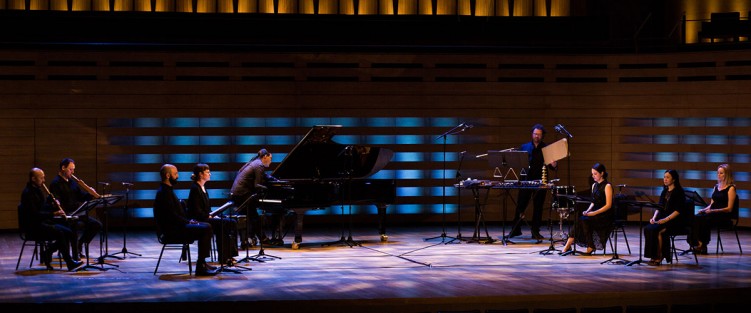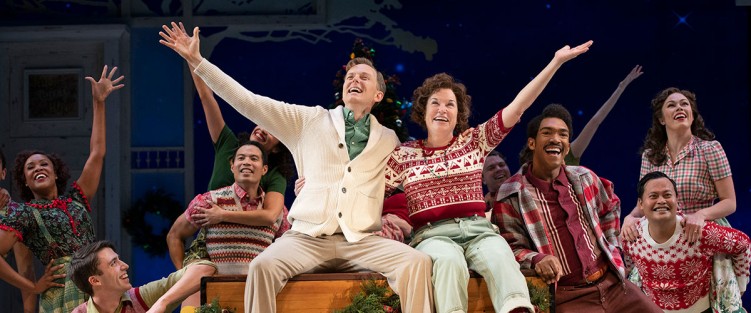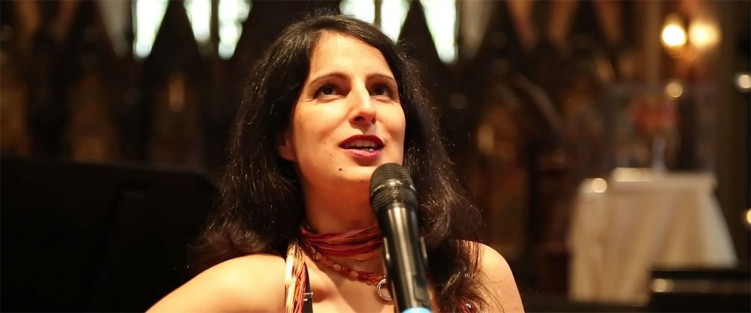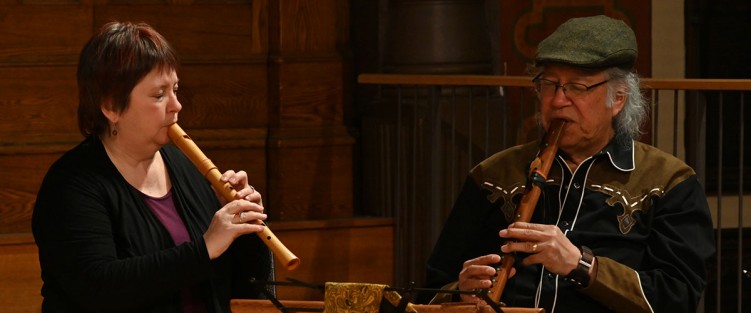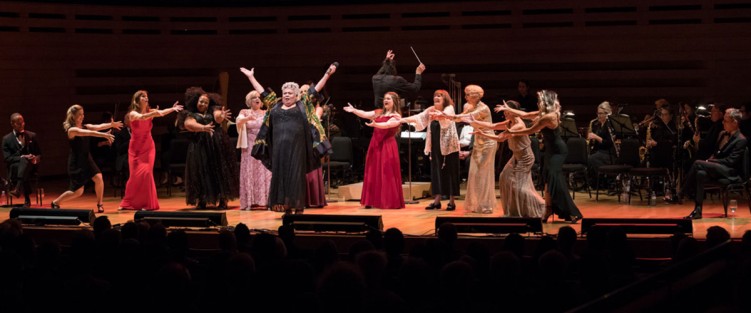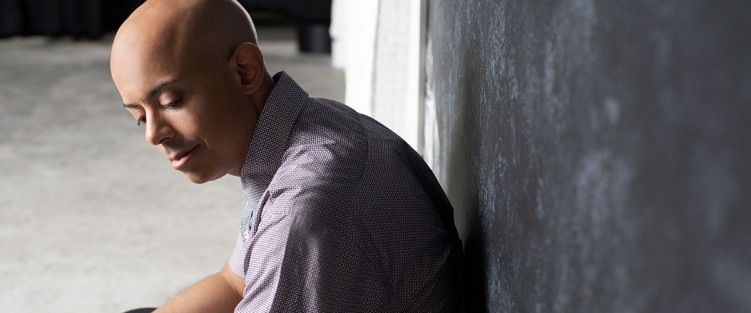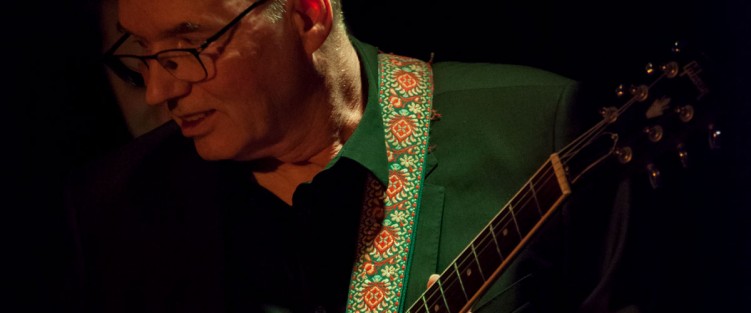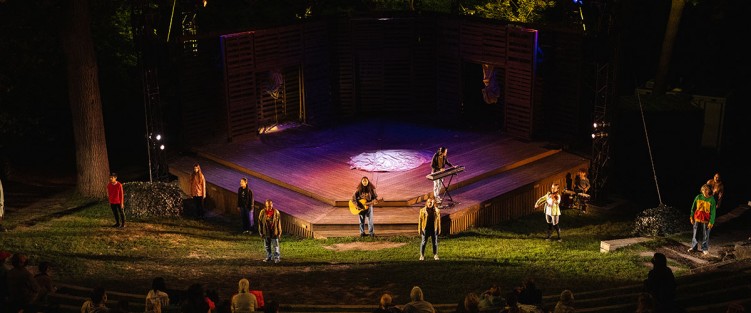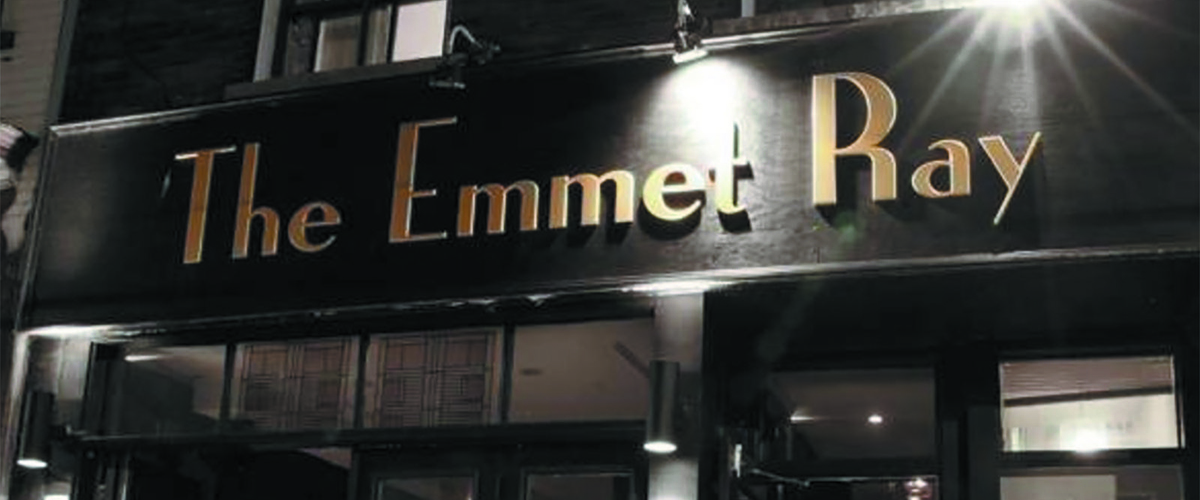 Just 8760 little hours ago, in December of last year, most of us were hunkering down, keeping safe, and preparing for a very different winter than we’d enjoyed in years past. Visits home were cancelled; stockings were half-heartedly stuffed; home-office chairs swivelled disconsolately from Zoom meetings to Zoom cocktail hours. This year, however, things are looking just a little bit brighter: vaccination rates are up, case rates are down, and – though the threat of the pandemic looms, ever present on the periphery – it is looking as though we may indeed have a more conventional (and decidedly more sociable) holiday season.
Just 8760 little hours ago, in December of last year, most of us were hunkering down, keeping safe, and preparing for a very different winter than we’d enjoyed in years past. Visits home were cancelled; stockings were half-heartedly stuffed; home-office chairs swivelled disconsolately from Zoom meetings to Zoom cocktail hours. This year, however, things are looking just a little bit brighter: vaccination rates are up, case rates are down, and – though the threat of the pandemic looms, ever present on the periphery – it is looking as though we may indeed have a more conventional (and decidedly more sociable) holiday season.
As of December 16, we will officially be at the five-month mark of music being back in Toronto and environs in the kinds of venues I usually cover in this column. For some audience members, this has meant five months of being back in venues, watching musicians return to the stage after a lengthy intermission, and witnessing restaurants, bars and concert halls sort through the thorny logistics of making COVID-safe adjustments, training new staff and, often, enacting new payment policies to ensure a more equitable and fair disbursement of funds to musicians. For other audience members, the return to live music has been slower, whether because of worries related to COVID transmission, a change in lifestyle, or – as has happened for so many people – a move, enabled by a shift to remote work, from a dense urban area to somewhere with more affordable housing options and more accessible outdoor spaces.
Whatever the case may be, there are quite a few exciting shows happening in December. If holiday shows are your thing, there are a number of options, including the Kensington Holiday Bash (December 10, Grossman’s Tavern), A Charlie Brown Christmas and Castro’s Christmas Party (both December 12, Castro’s Lounge), Tom Nagy’s Christmas Experience (December 17, The Jazz Room), and the Jason White Christmas Special (December 18, also at The Jazz Room).
![]() “It’s not so much a place I go to as a place I come to. It’s a freedom, a lack of control, an exploration, and I’m reacting to whatever happens upon the path.”
“It’s not so much a place I go to as a place I come to. It’s a freedom, a lack of control, an exploration, and I’m reacting to whatever happens upon the path.”

